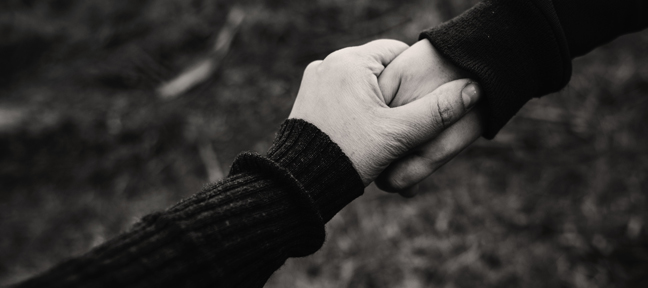
Attachment Insecurities
Attachment insecurities begin in your formative years as a result of invalidating environments. If you have attachment insecurities, you may have developed a deep fear of abandonment, a deep fear of engulfment, feelings of unworthiness, or even a feeling of being unwanted or unloved. These wounds are considered core wounds that affect your ability to connect in your relationships from a place of authenticity, vulnerability, and safety.
Attachment insecurities are typically rooted in early attachment trauma and generalize to adult relational trauma. You may struggle with patterns of pushing away when relationships begin to feel too threatening, or by approaching a relationship at all costs (even if the relationship is destructive to your worth). You may feel empty unless others are there to support your emotional needs, or you may feel angry, bitter, or numb while feeling that no one understands you or accepts you.
Red Flags of Attachment Insecurities Include:
- Feeling afraid of commitment (but wanting it)
- Feeling unsure of who you “are” when alone
- Indecisive; unable to form an opinion out of fear of disapproval
- Emotional suppression or emotional dysregulation
- High levels of manipulation
- High levels of dependency or codependency
- Passive in relationships
- History of making poor choices in personal relationships
- Low self-worth
- Low self-esteem
- History of limiting self-beliefs
- Trauma blocking behaviors
- Self-sabotaging behaviors
- Family history of neglect, abuse, or invalidation
Many with histories of attachment trauma develop significant fears and patterns surrounding their personal relationships. Some may be able to maintain relationships that are casual or superficial, but may struggle with authentic intimacy and vulnerability. Others may have histories of toxic, one-sided friendships or unhealthy romantic relationships that eventually trigger their attachment wounds.
It is important to recognize that attachment insecurities affect everyone differently, but that to heal from them, it requires:
Understanding where these were first learned.
Learning what type of insecurities may be occurring.
Accepting why they may have started.
Recognizing when they first became conditioned.
Discerning what purpose they were once serving.
Noticing what family dynamics may be in play
And most importantly, is educating yourself in how to overcome these insecurities.
I am a Psychologist, Certified Trauma & Relationship Specialist and Certified Relationship Expert with over 2 decades of specialization in psychology. I am expertly trained in creating actionable plans that are grounded in the fundamental of Behavior Science to cultivate healthy relationships, while helping you heal from core insecurities that have affected the quality of your relationships.

